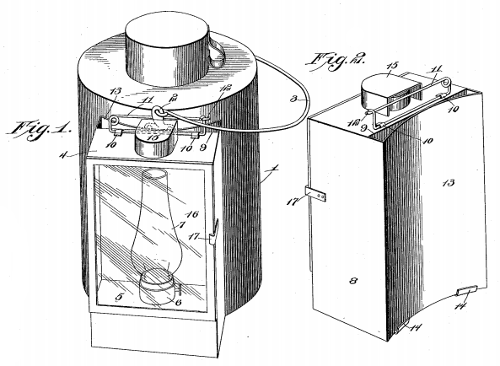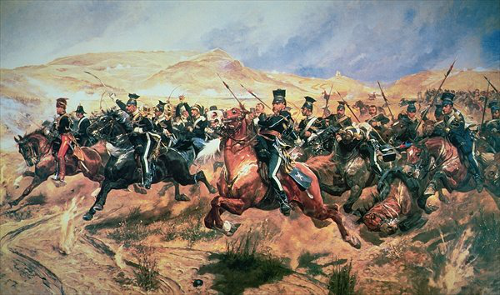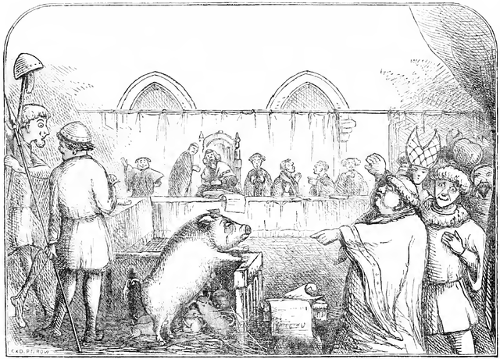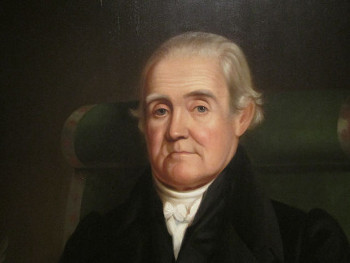In March 1928, the British steamer City of Eastbourne picked up an SOS from the tanker British Hussar in the Pacific but could not locate her position. Japanese authorities reported that several of their own ships and stations had picked up the SOS but could not understand the geographical information given. In comparing the reports, they estimated that the British Hussar was about 400 miles southwest of Hawaii when she ran into trouble. Two Navy destroyers searched the area for five days but found no trace of her.
When they cabled the bad news to the tanker’s owners, they received a puzzling reply. The British Hussar was safely moored off a landing stage at Adaban in the Persian Gulf. She had been nowhere near the Pacific when the messages were sent. But the SOS signals were undeniable.
The British consul at Yokohama found that four ships had been near Hawaii when the signal was received: the City of Eastbourne, the Niagara, the Ventura, and the Asiatic Prince — and, strangely, the Asiatic Prince was also missing.
Now there were two mysteries: An SOS had been received in the Pacific, seemingly sent from a perfectly sound ship 6,000 miles away; and a second ship, equipped with the latest wireless equipment and lifeboats, had vanished in the same region — which had reportedly been lashed by hurricane-force winds at the time.
The explanation that emerged is that the British Hussar’s SOS must have been sent by the Asiatic Prince as it foundered in the storm. The SOS had contained the call sign of the British Hussar, GJVR. The call sign of the Asiatic Prince was GJVP. In Morse code, P is ·- -· and R is ·-· Apparently the central dash had been sent twice.
If this is so, the Asiatic Prince must have gone down with astonishing swiftness — the 10,000-ton steamer had a new hull, new engines, and new equipment, yet sank so quickly that she could manage only one brief message.








